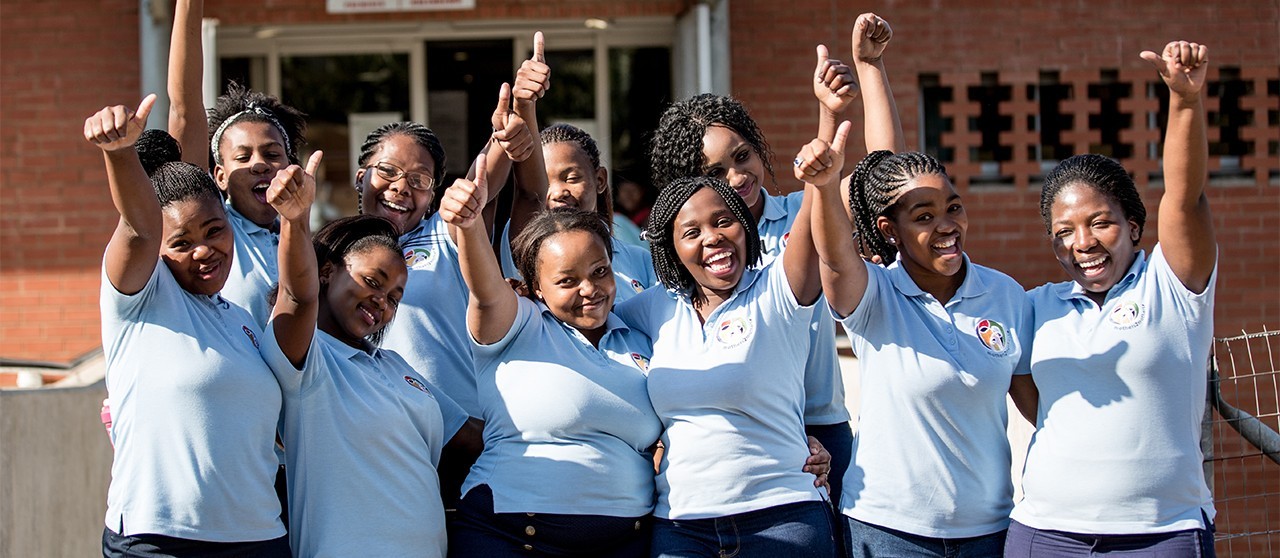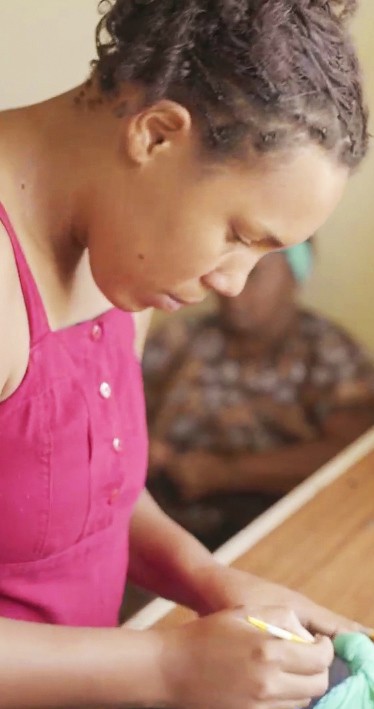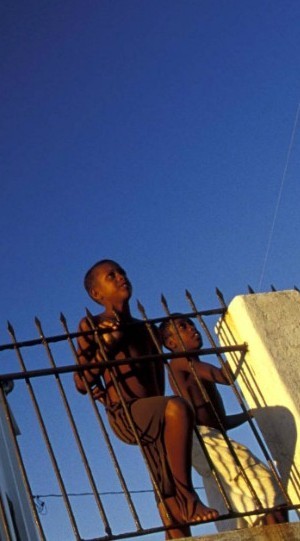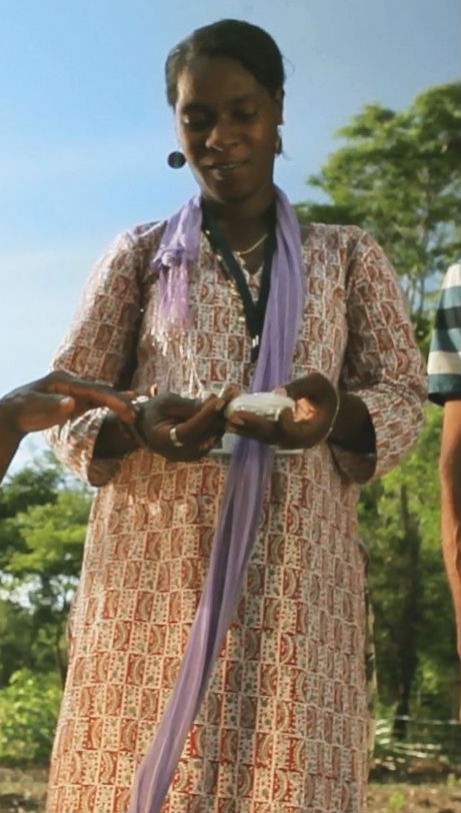
“Enel Green Power supports the project to prevent the HIV virus from developing into AIDS, and in particular the transmission of the virus from mothers to their children. And the focus involves both communities and the staff working at the plant”
Awareness to build the future
In the Province of Limpopo, Enel’s support to Mothers2Mothers is focused on increasing access and adherence to health services that prevent mother-to-child-transmission (PMTCT) of HIV as well as other maternal services for newborn children, for pregnant women, new mothers and their families empowering them to live healthy lives.
In addition to medical care, HIV-positive mothers are provided with fundamental psychological support: alongside doctors and nurses, there are also Mentor Mothers. They are HIV-positive women and mothers who have already participated in the association’s programme and have given birth to babies free from the virus thanks to adequate medical care. This pathway, starting from the awareness of the problem and its acceptance, empowers women in their communities, thus allowing them to lead a healthy and productive life by transmitting a message of independence and hope in the future to other women.
“One of the fundamental steps to tackle the virus is acceptance”
Thanks to their life experience and to a strong bond with the community, these women are able to offer a tangible example and show the way to those who are facing the disease for the first time. From the start of cooperation between Enel and Mothers2Mothers, four Mentor Mothers have visited Enel's Tom Burke site to provide group training sessions and conversations with employees, to teach them how to protect themselves and their loved ones from the virus.
Always on the move, just like the mothers
In the first two months of 2017 alone, the project supported by Enel in South Africa reached approximately 2,690 residents of the community of Limpopo, providing, inter alia, 420 information and pre-screening sessions on tuberculosis, 158 meetings on gender education and on violence against women, and 32 visits to families.
It is a path that it is continuing to build together a better future and to carry forward our commitment to achieve some of 17 Sustainable Development Goals set by the UN through these and other similar initiatives: education, good health and sanitation for all, gender equality, the fight against hunger and poverty and the promotion of partnerships.




